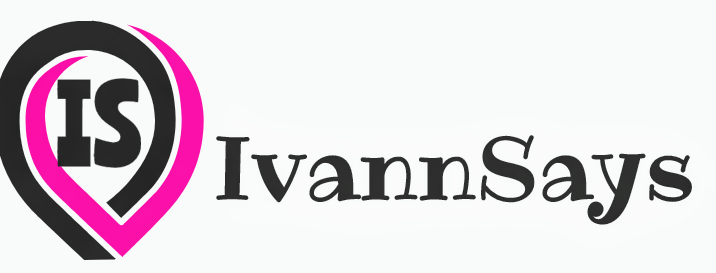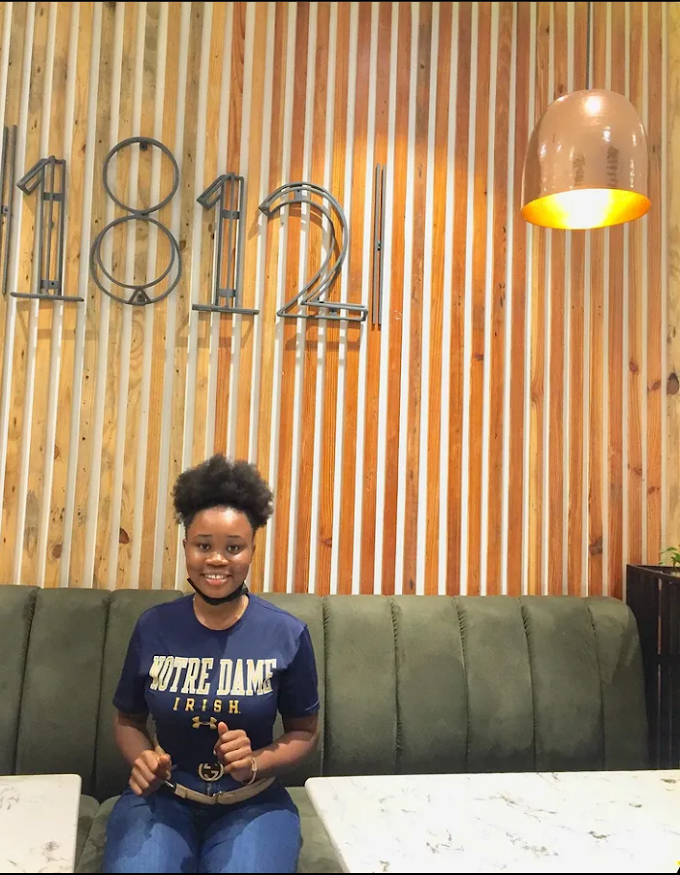You may not encounter debating in your daily activity but these skills can be beneficial. It may seem alarming from the sidelines, but it consist of skills that virtually anyone can learn.
WHAT IS DEBATING?
I took interest to merriam-webster's definition of debate. It defined debate as a contention by words or arguments. Which leads to my own definition of debate.
Debate is a presentation of an argument in an assembled or organized thesis. Benefits of debating includes:
• Natuarally, it opens our eyes to realize that there are two sides to an argument.
• Also,It improves public speaking skills.
• Again, it gives room for you to think about perspectives you may not have considered.
•Finally, debating encourages strategic speaking.
DEBATE STRUCTURES.
There are very important parts put up together for a debate to take place.They include;
•Topic: There's always a topic to debate about and you have a choice to pick a clear definition of the topic either by context or by the spirit of motion.
•Team: Here you have the two opposing sides, which includes;
i)The Affirmative/Proposing Teams.
ii)The Negative/Opposing Teams.
•Time: Each speaker presents their views on the given topic for a varied amount of time; usually an hour, 30 minutes or less.
•Postion: You have to render good pose and posture, be relaxed and make good use of the podium.
•Judges: We call them the panel of judges, they score you base on content, style, strategy and appearance.
•Audience: This category provides you listening ears, cheer you up and get involved with the discussion.
ROLES OF SPEAKERS.
There are usually three speakers each in the two opposing sides, which gives a totality of six speakers.
i)First Affirmative: They clearly set out their teams definition of the topic and provide argument in support of the motion.
ii)First Negative: They rebut the affirmative's ideas and resolve any definitional fault.
iii)Second Affirmative: They counter first negative arguments providing substantial evidence(such as refrences or quotes)to prove their point.
iv)Second Negative:They rebut arguments made by the affirmative team and also providing evidence.
v)Third Affirmative: They only rebut specific issues and conclude the debate with brief summary.They usually have limited time.
v)Third Negative: They play same role as third affirmative.
IMPORTANT SKILLS FOR DEBATING.
Important skills for debating includes: Points, Confidence, Vocal and Language.
• Points:
i)Your points must be relevant and related to the topic.
ii)Evidence are necessary for claiming an argument.
iii)Careful rebuttal of argument is very significant.
iv)Avoid common flaws like assertion and repetition.
v)Make the subject matter interesting to the audience.
vi)Apply the use of rhetoric to persuade your audience.Three pillars of rhetoric are:
•Ethos - means ethical appeal
•Pathos - means emotional appeal
•Logos - means logical appeal
v)Lastly, be flexible.
• Confidence:
i)Have mastery of your material.
ii)Maintain eye contact with audience.
iii)Be relaxed and make emphasis using gesture.
iv)Try to avoid filler words(eg uhm, ehhn, emm,etc)
v)Lastly, take yourself to an imaginary world,assume you're the only one in the room and lash out your words.
•Vocal:
i)Have good speed so that you will be able to dish out all your points on time.
ii)Speak clearly and project your voice to the back of the room.
iii)Vary your tone while making emphasis on important words.
• Language:
i)Make use of simple words to avoid confusion.
ii)Avoid using offensive words.
iii)Do not exaggerate or dwell in a point for a long time.









2 Comments
More grease to ur elbow
ReplyDeleteThanks alot!
Delete